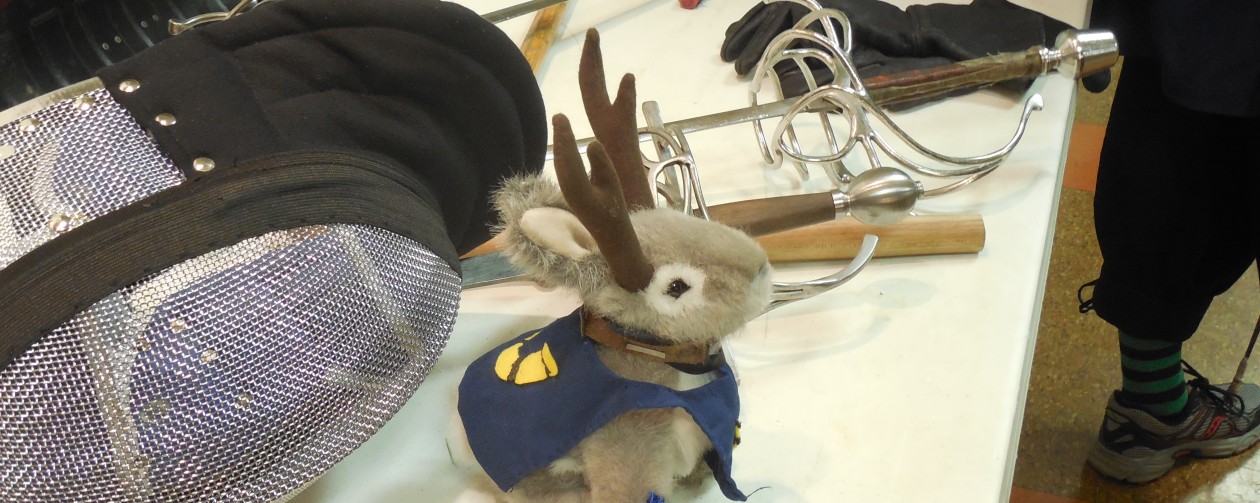I am trying something different. Previously, I have always placed my comments on the passage in the order Old Testament passage, New Testament passage, Psalm, Proverb. For the near future I am going to post them in the order in which I prepare the comments. This is likely to be the reverse of how I was doing it, but I foresee changing it up depending on what strikes me first. Please let me know what you think of this change.
I am using One Year Bible Online for my daily Bible study. For today, One Year Bible Online links here. I have found that by writing this daily blog of what I see when I read these scriptures, I get more out of them. I hope that by posting these ruminations others may get some benefit as well. In order to make that possible I read the passages and write my thoughts a day, or more. in advance. If you have any thoughts or comments regarding these verses or what I have written about them, please post them.
The NIV tells us that wisdom resides with prudence, or cautious good judgment. Together they possess knowledge and discretion, the quality of behaving and speaking so as to avoid giving offense. The aforementioned characteristics of wisdom mean that it stands in opposition to arrogance and pride. Those who are wise will avoid corruption and other evil behavior and avoid perverse speech. A step in the direction of wisdom is learning to control what words you will use.
I am reading this psalm and writing this as Ken Ham debates Bill Nye about creation vs evolution. I am already seeing Ken Ham’s enemies write about how they despise him and think he is an idiot. How typical this is of people’s reactions to those who profess faith in Christ. There are those who will mock us for that faith. Our neighbors, who often know better, will despise us. Even our friends, who silently agree with is, will avoid associating with us. Our only choice is to call on God, who will not allow us to be disgraced. Our future is in God’s hands. He will rescue us from those who hunt us down. I will call out to God and He will not let me be disgraced. By His mercy He will rescue me.
Jesus told the story of the sheep and the goats to describe judgment day. In the story, He tells us that the difference between those welcomed into heaven and those cast out into eternal darkness was what they had done. He told the sheep that they had fed Him when He was hungry, given Him a drink when He was thirsty, invited Him in when He was a stranger, clothed Him when He was naked, cared for Him when He was sick, and visited Him when He was in prison. He told the goats that they had done none of these things. However, He tells us that both the sheep and the goats have one thing in common, they did not see Him when they did, or did not, do these things. The message here is not that we must do these things to get into heaven. The message is that if we are going to heaven, we will do these things. Do you take advantage of every opportunity to help those in need? I have a new motivation to work harder at “getting ahead”. That motivation is to have more resources to help those who are in need.
The passage tells us that the people of Israel were to make special garments for Aaron and his sons in order to give them dignity and honor. As I read this, it strikes me that today all believers stand in the stead of Aaron’s sons, all believers are priests serving under our High Priest, Jesus. This means that we should, to the best of our ability, dress in a manner that indicates to those around us that we possess dignity and honor. I will leave it to each believer to determine what constitutes dressing so as to convey that they possess dignity and honor (although if I know you personally, I might ask you if you think that your mode of dress conveys an image of dignity and honor).
There is an element of this passage which has always fascinated me and which we have insufficient information to obtain an answer about. The passage mentions the Urim and the Thummim, which were used by the priests to determine God’s will on certain matters. They were placed in, or on, the breast piece which was worn by the high priest. I have wondered for a long time what manner of objects they were and how decisions were made using them. There is, I far as I have been able to discern, no place in the Bible where a more detailed description is given. It is interesting to speculate about the nature of these objects. God has chosen not to give us a description here because we would rely more on the objects than on God Himself. He has provided us the means to determine His will by the application of our mental abilities to His instructions to determine His will. When that is insufficient His Spirit will guide us if we are willing to listen.





